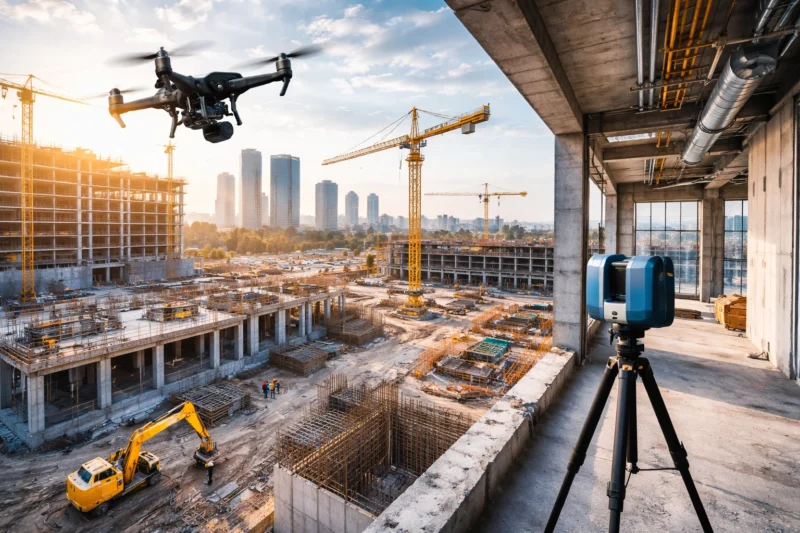Flawless Execution: Breaking Down Liquid and Immersion Cooling
Data centers use a lot of power. Current microchips use about 200 watts and that power translates into thermal heat. Data centers are highly controlled environments. Heat and humidity cause damage and failures. On this episode of Flawless Execution: Delivering Innovation, the conversation focuses on the advantages of liquid cooling technology.
“Liquid cooling, first and foremost, it’s a lot more energy efficient than traditional air cooling,” Austin Hipes, UNICOM Engineering Chief Technologist and VP of Engineering said. “Data centers trying to consume less power or, more importantly, make sure the power they’re consuming goes to work, rather than air conditioning.”
If an average center uses 1,500 watts of power, about one-third of that is designated for traditional air cooling. However, liquid cooling offers efficient alternatives. “With immersion, you can use less than 10% of your energy to do things like cooling,” said Hipes.
Liquid cooling includes a handful of options. There is immersion cooling, which has single-phase and two-phase cooling. In a single phase, the liquid doesn’t change forms. It stays in its liquid state.
“You essentially have a big tank, with special engineered fluids, servers and other computing equipment go into those tanks and instead of being cooled by fans pushing air through, pumps push the fluid through. It’s a much more efficient conductor of the heat than air,” Hipes said.
Another method uses two-phase cooling. In this process, the state of the engineered liquid changes. “It goes from a liquid to a boiling action, and that boiling is actually the heat-removing process,” explained Hipes.
It’s then condensed back into liquid, preserved, and circulated back into the tank.
Cooling technology is changing rapidly as chips develop and use more power. Efficient cooling techniques allow for a greater density of technology. A practical cooling system means more high-performance data computing can be set up in smaller or nontraditional spaces. Retrofitting direct cooling systems is an option for more established data centers.
Listen to the full episode now to learn more! Find Flawless Execution: Delivering Execution on Apple Podcasts and Spotify today.









